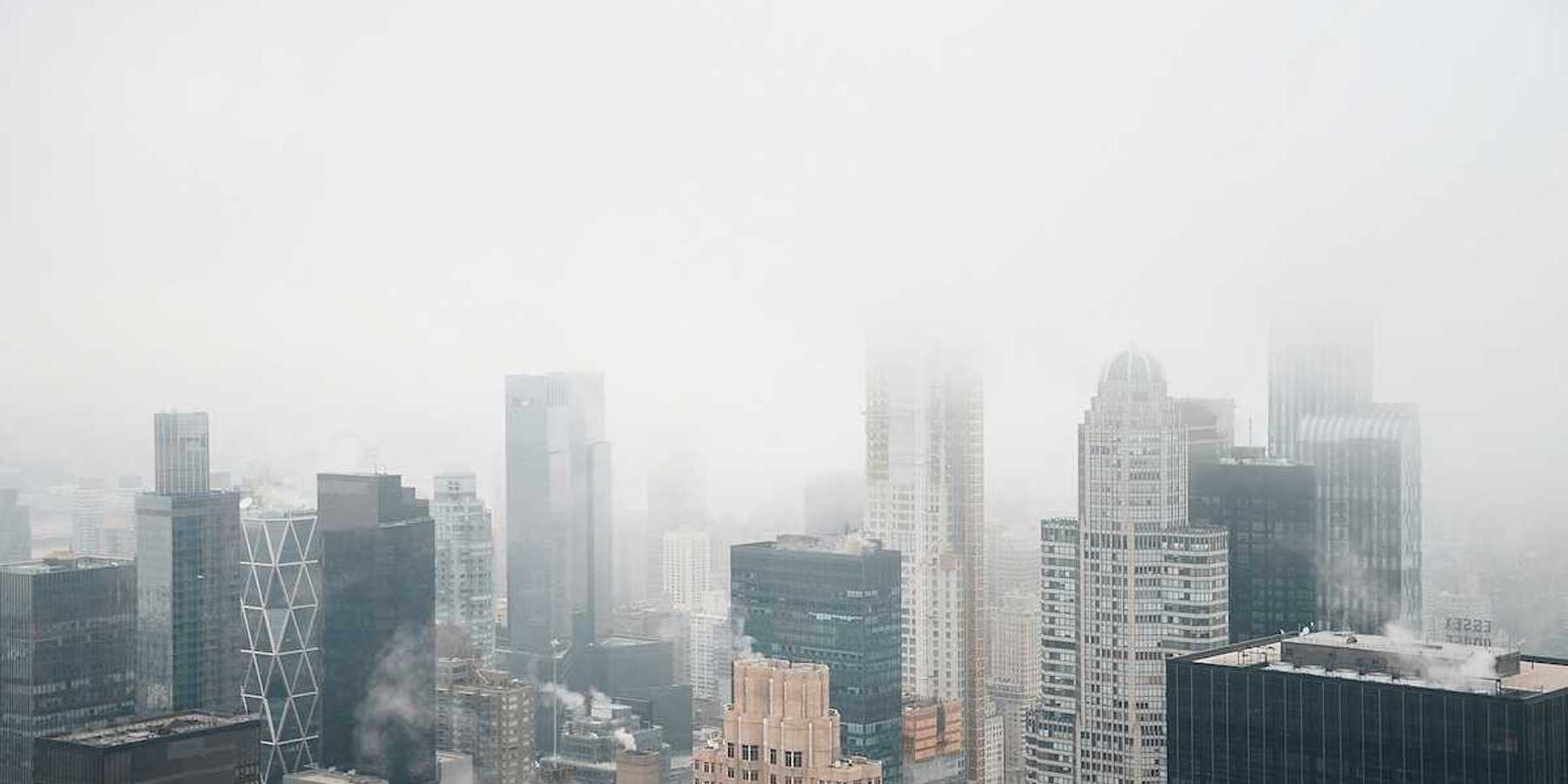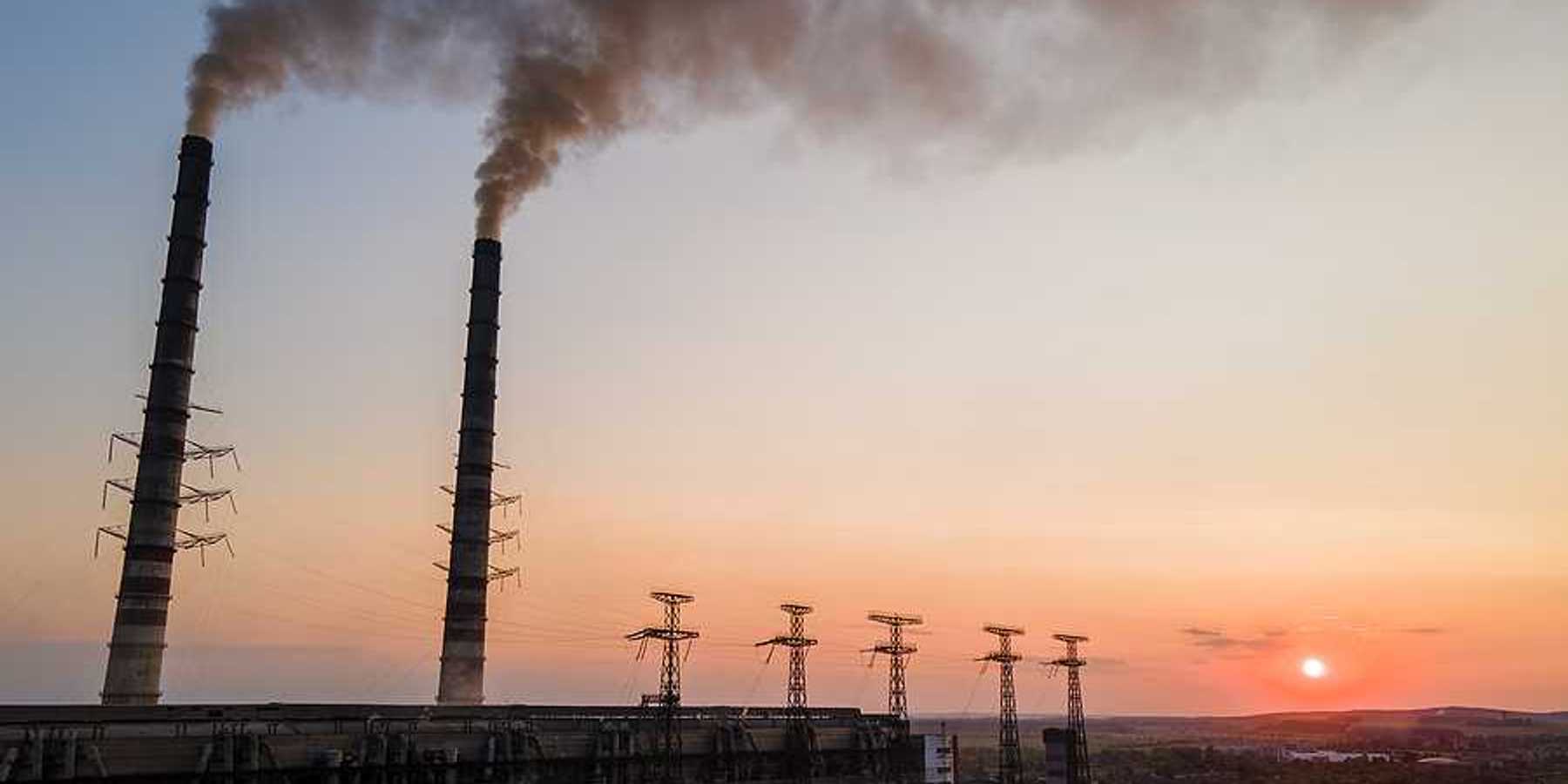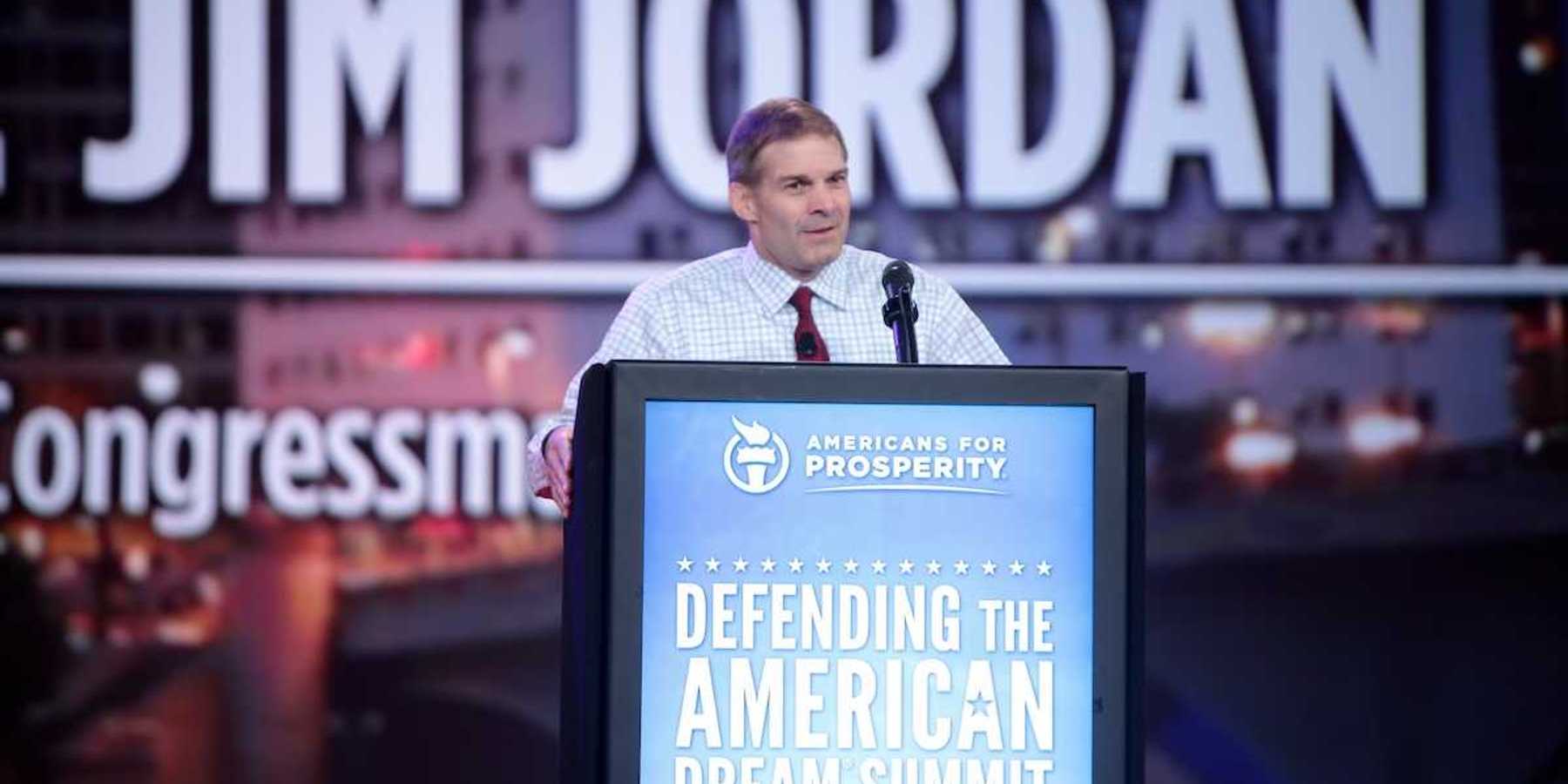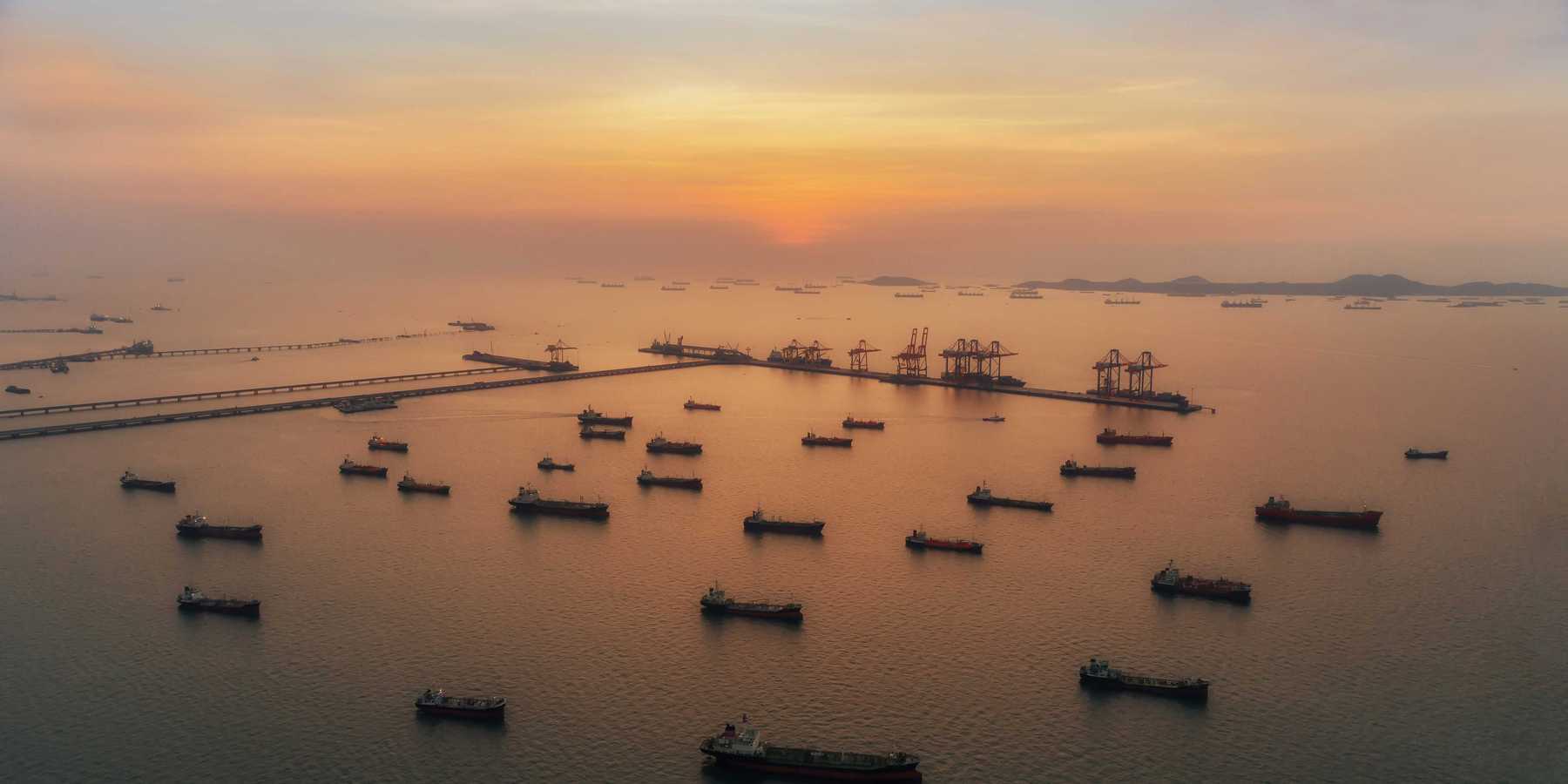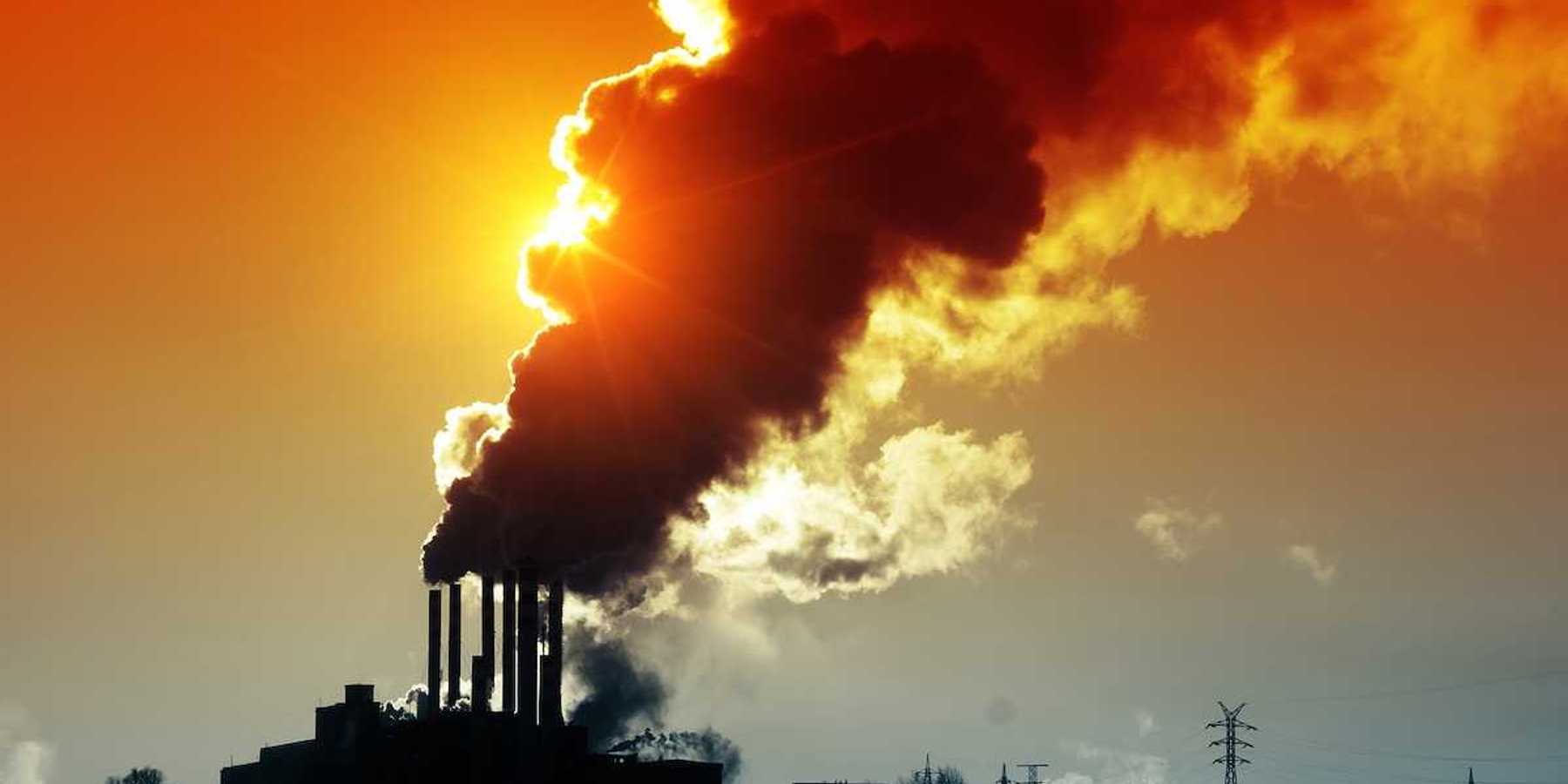Environmental justice advocates criticize lack of inclusion in plastic treaty negotiations
“We had to fight for every second we had on the floor.”
Environmental justice and Indigenous groups say they were largely excluded from key plastic treaty talks last week in Busan, South Korea, which took place over seven days and ended without a final text.
As oil and gas producing nations opposed reducing plastic production, the fifth round of talks in a series of UN Intergovernmental Negotiating Committee meetings ended without clear consensus on how to curb global plastic pollution. The group will reconvene next year with hopes of finalizing a treaty.
During previous plastic treaty talks, environmental justice and Indigenous delegations were permitted to listen and speak during negotiations between member states. That changed at this meeting, as the last several days of the talks consisted of private conversations.
“I was really disappointed with the process this time,” Sarah Martik, director of the Center for Coalfield Justice, an environmental justice advocacy group based in western Pennsylvania, told EHN. “There were two and a half days of informal meetings with delegates from member states held in private rooms, which completely cut out civil society. We have no notes and no records from those meetings … and we had very few opportunities to speak. We had to fight for every second we had on the floor.”
“I was really disappointed with the process this time.” Sarah Martik, Center for Coalfield Justice
Other U.S.-based environmental justice advocacy groups including the The Descendants Project in Louisiana’s Cancer Alley; the Port Arthur Community Action Network in Texas; and Breathe Free Detroit expressed similar frustrations, as did numerous Indigenous groups.
“[Holding negotiations during private meetings] is a blatant attempt to stifle dissent and pave the way for the influence of the petrochemical industry,” Frankie Orona, executive director of Society of Native Nations, said in a statement. “Despite our tireless advocacy and the support of numerous member states, the [latest treaty draft] fails to recognize our inherent rights and traditional knowledge, effectively silencing our voices in the fight against plastic pollution.”
The groups also said that oil and gas-producing countries “weaponized” the consensus-based decision-making process by intentionally stalling progress during the negotiations and effectively vetoing measures favored by a majority of other countries, like plastic production caps.
“Despite our tireless advocacy and the support of numerous member states, the [latest treaty draft] fails to recognize our inherent rights and traditional knowledge." - Frankie Orona, Society of Native Nations
China, the United States, India, South Korea and Saudi Arabia were the top five primary plastic-producing nations in 2023, according to data provider Eunomia. Some of these countries, like Saudi Arabia, Russia and India, oppose production caps. More than 100 of the approximately 170 countries attending the talks supported caps on plastic production. The U.S. and China were absent from the talks when countries pressed for production limits.
“Saudi Arabia and Russia kept taking the floor to be obstructionist, basically saying a whole lot of nothing, and we didn’t get an opportunity to speak on the floor until about two in the morning, when a lot of member states were already leaving,” Martik said.
“The elephant in the room is how the U.S. presidential election is going to impact all of this,” Martik added. “Delaying the final treaty until after Trump takes office could change how the U.S. is showing up at these negotiations.”
Disagreement over plastic production caps
Most plastic is made from fossil fuels, and as the world decarbonizes to tackle the climate crisis, oil and gas companies are increasingly turning to plastic production to stay profitable. More than 400 million tons of new plastic are created annually across the globe, and plastic production is expected to increase by an additional 70% by 2040 without policy changes.
“When I first engaged in [plastic treaty talks], I was standing in line at lunch and a delegate read my nametag and asked what I was doing there,” said Martik, who attended the talks as a member of Break Free From Plastic, a global advocacy organization. “I had to explain the connection between fracked gas being drilled in southwestern Pennsylvania and the global production of plastic.”
The plastic industry and oil-producing countries have fought against production caps, instead pushing the idea of a “circular economy.” But less than 10% of the world’s plastic is currently recycled, and attempts to improve recycling technology have so far largely proven unprofitable and inefficient.
“Delaying the final treaty until after Trump takes office could change how the U.S. is showing up at these negotiations.” - Sarah Martik, Center for Coalfield Justice
While plastic pollution chokes waterways and shorelines and microplastics turn up in every part of the human body, concerns about human health effects from every stage of plastic’s lifecycle have increased. In the U.S., health care costs attributable to chemicals in plastics are an estimated $250 billion every year.
“I think a worst-case scenario would have been that we walked away with a treaty that was ineffective and catered to the lowest-common denominator,” Martik said. “But we saw clearly that there are far more countries wanting to step up to the plate and be really ambitious about this than there are countries fighting a meaningful treaty.”

